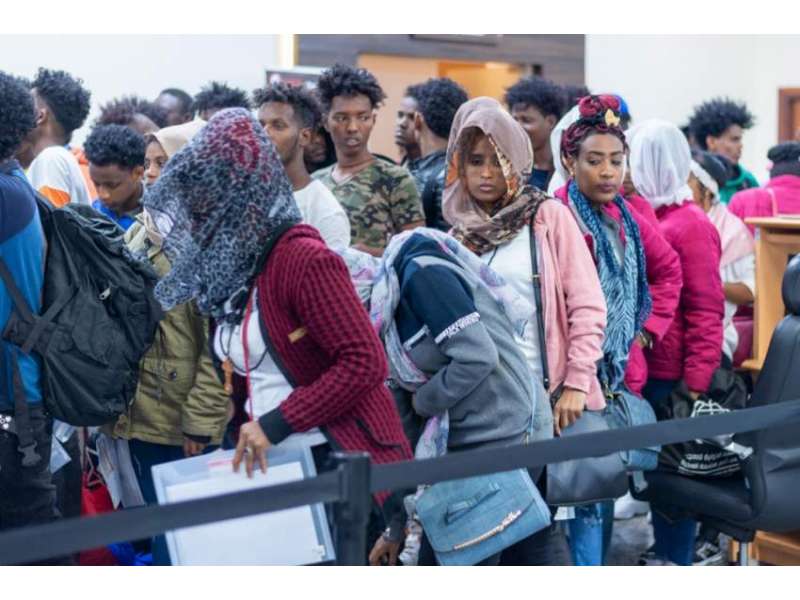Libya’s newly-formed High National Reconciliation Commission will be an independent structure with legal and financial capabilities, one core task of which is the safe return of refugees and displaced people, an official said.
Najwa Wahiba, a spokeswoman for the Libyan Presidential Council, disclosed this in an interview with Sputnik.
Last week, Presidential Council Head Mohammad Younes Menfi announced the establishment of the commission, saying that the new government body would be aimed at uniting Libyans and finally moving on to a peaceful future.
“The High National Reconciliation Commission is an independent body that will enjoy legal capacity and independent financial liability.
“It will also implement the paths of reconciliation under the outcome of the Libyan Political Dialogue Forum in Geneva, in an effort to enhance national unity and the rule of law,” Wahiba said.
The commission will commence operations once its structure is determined, Wahiba added, noting that the commission’s work will not depend on any political preference and will serve the causes of Libyan unity and restoration of the rights of citizens.
“The issue of the displaced people will be at the heart of the commission’s competencies and tasks, for which it was created.
“The commission will review the situation of refugees and those displaced within Libya and abroad, and will propose the necessary measures to ensure their safe return,” the spokeswoman added.
When asked about an opportunity to hold a meeting or a nationwide forum to discuss the reconciliation process, Wahiba pointed out that it is “too early to talk about specific dates, since the commission is currently being formed.”
Last fall, Libyan rivals held UN-facilitated talks in Geneva, which resulted in the signing of a nationwide ceasefire agreement.
In early February, the Swiss-hosted round of intra-Libyan talks led to the election of an interim Government of National Unity (GNU) that will be in charge until the national general election, scheduled for December 24.
In March, the Libyan parliament approved the composition of the 26-strong GNU, which is said to be free of those who served in the country’s previous cabinets.

 Health5 days ago
Health5 days ago
 Entertainment6 days ago
Entertainment6 days ago
 Crime5 days ago
Crime5 days ago
 Education7 days ago
Education7 days ago
 Health7 days ago
Health7 days ago
 Comments and Issues6 days ago
Comments and Issues6 days ago
 Football6 days ago
Football6 days ago
 Latest6 days ago
Latest6 days ago

